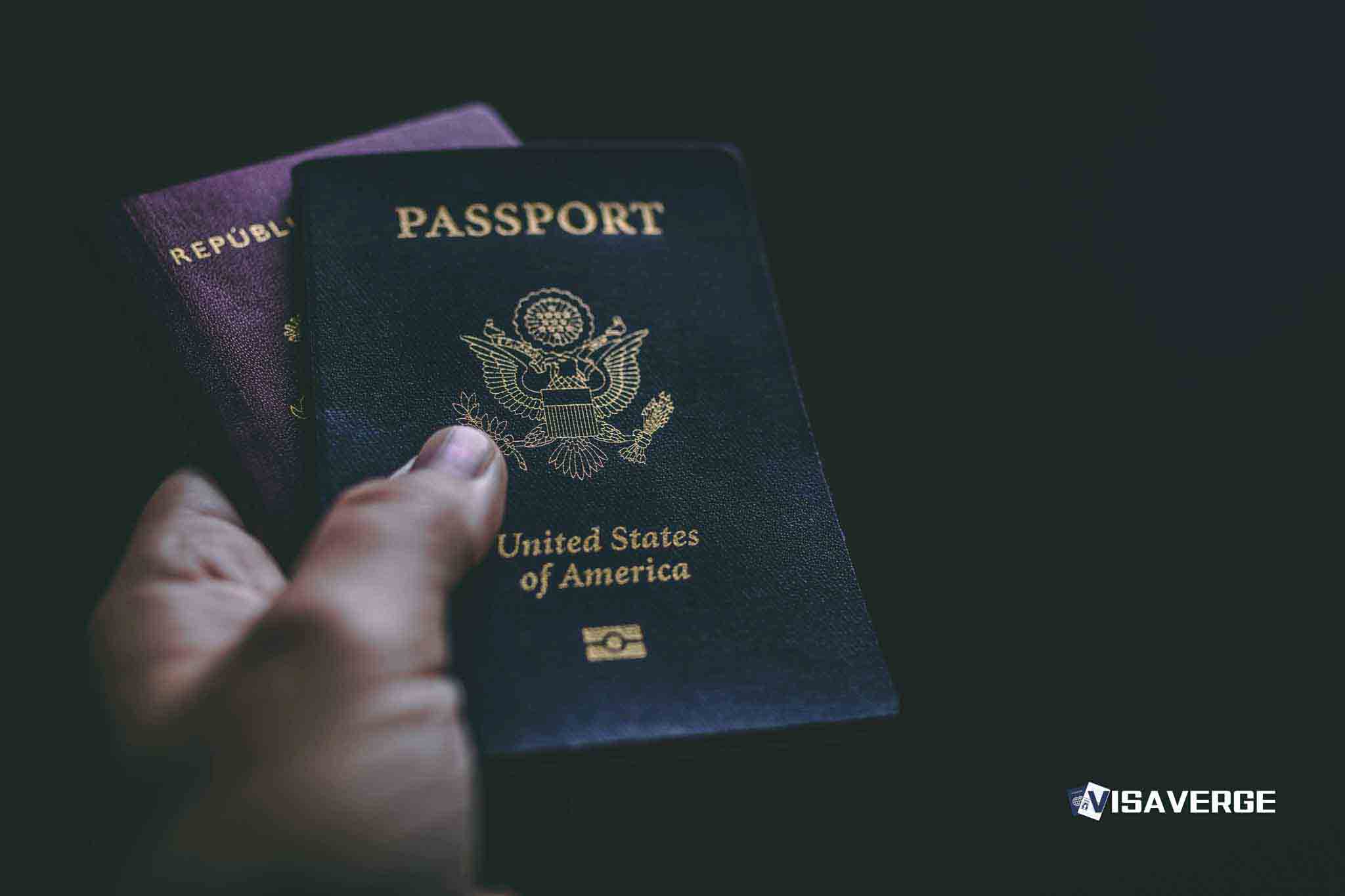Gaining US citizenship represents a dream for many worldwide. But did you know that your family lineage might unlock this door for you, especially if you have American ancestors? This notion brings us to a curious yet crucial question: “Can I claim US citizenship through my great-grandfather?”
Exploring the Connection to Your Great-Grandfather

The idea of laying claim to US citizenship through descent, specifically through a great-grandfather, is a fascinating topic. It blends the realms of genealogy and immigration law, presenting a scenario where the past directly influences the present. The United States’ laws do allow for citizenship to be derived through ancestors, but under specific conditions that must be meticulously met.
Understanding the Basics of Derivative Citizenship
Derivative citizenship is the term used when citizenship is not acquired by birth within the United States or through naturalization but through the American citizenship of a parent or, in some cases, a grandparent. However, the further back the lineage goes, such as to a great-grandparent, the more complex the conditions become.
Is Direct Descent from a Great-Grandfather Enough?
Simply put, having a great-grandfather who was a US citizen is not, in itself, enough to stake a claim to US citizenship. The laws governing citizenship through descent focus on direct transmission from parent to child and require specific conditions to be fulfilled at each generation.
Key Requirements for Citizenship Claims
The process for claiming US citizenship through ancestry involves stringent requirements. These can include:
- Proof of the ancestor’s US citizenship.
- Evidence of residency or physical presence in the US by the ancestor.
- The citizenship status of the intermediate family members (e.g., your grandparent and parent).
- The ages at which the transmissions of citizenship could have legally occurred.
Each of these conditions involves detailed legal stipulations that can vary significantly depending on the relevant laws at the time of each relative’s birth.
Navigating the Legal Maze
The laws regarding transmitted citizenship have evolved over time. For instance, legislation changes in 1934, 1940, and 1952, among other years, have all impacted how citizenship through descent is determined. This means that determining eligibility through a great-grandfather involves tracing the family’s citizenship status through every generation, in accordance with the specific laws applicable at each person’s birth.
Documentation Is Key
For those considering pursuing a claim to US citizenship through their great-grandfather, preparing a robust set of documents is essential. This can include birth certificates, naturalization records, and proof of residence. Such documentation serves as the foundation of your claim, bolstering your case in demonstrating the uninterrupted lineage of US citizenship through your family tree.
Are There Exceptions or Special Cases?
Certain historical or specific scenarios could potentially affect your claim. For example, laws and amendments have sometimes been enacted to address particular groups or correct oversights in past legislation. These exceptions are rare and often tied to very specific criteria.
A Personal Journey of Discovery
Embarking on this path is not only a legal process but also a journey into your family’s history. It requires piecing together your ancestral puzzle, uncovering stories, and understanding the migrations and decisions that ultimately led to your own quest for citizenship.
Expert Guidance Is Essential
Given the complex nature of the laws involved and the necessity of thorough documentation, seeking professional advice from immigration experts or legal advisors is crucial. Experienced professionals can help decipher the legal intricacies, guide the collection of necessary documentation, and provide representation if needed.
Additional Resources
For further information on claiming US citizenship through ancestors, the United States Citizenship and Immigration Services (USCIS) offers detailed guidance and resources. You can explore more at USCIS’s official website.
In Conclusion: An Intricate Possibility
Claiming US citizenship through a great-grandfather is indeed a possibility, but it’s enveloped in a complex web of legal requirements and historical nuances. For those whose hearts are set on exploring this path, the journey is demanding yet deeply rewarding, potentially reconnecting families with their American roots and opening up new opportunities for future generations.
While the direct descent from a great-grandfather may not automatically grant citizenship, it certainly opens the door to a fascinating exploration of your ancestry, the historical context of immigration laws, and the enduring bond between past and present. Whether this journey culminates in achieving US citizenship or simply brings a deeper understanding of one’s heritage, it is a profound testament to the enduring impact of our ancestors on our lives today.
This Article In A Nutshell:
Discovering the possibility of claiming US citizenship through a great-grandfather can spark a journey blending genealogy with law. Navigating stringent conditions like proof of lineage and residence requires expert guidance. It’s a path towards reconnecting with American roots, understanding family history, and potentially unlocking the doors to a new legacy.
— By VisaVerge.com








